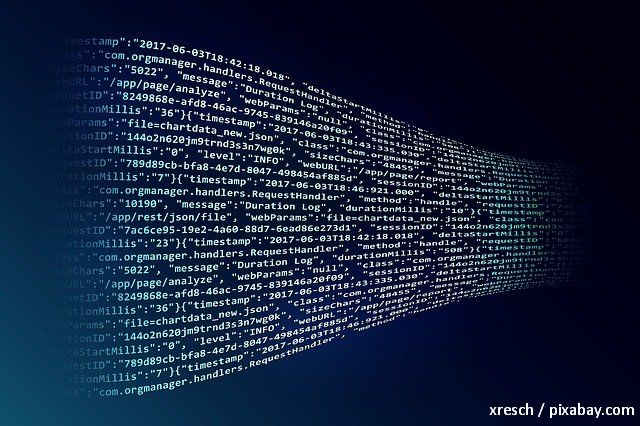Cybernetic Shield for Europe
Faced with more and more cyberattacks, the EU wants to invest over a billion Euro into a project for protection

Corina Cristea, 04.08.2023, 12:00
Faced with more and more cyberattacks, the EU wants to invest over a billion Euro into a project for protection. Our ambition is to create a European cyber shield to allow a better detection of attacks upstream, said the European commissioner for the internal market, Thierry Breton, specifying that, right now, as many as 190 days can go by between malware spreading and the beginning of an attack. Speaking for Radio Romania, Mihai Rotariu, head of communication for the National Directorate for Cybersecurity, said that Mr. Breton made a metaphor of a cyberattack whose consequences can be avoided or restricted to the smallest possible number users or organizers.
“We can imagine, for instance, a flowing body of water as a representation of a cyberattack. If we manage upstream to filter polluting substances, lets say, we avoid them spreading and affecting many inhabitants downstream. It is no secret that in cybersecurity, in order to make things clearer, we have to use parallels with real life. There was also reference to the investment of over a billion Euro, with two thirds European financing, for building some centers of operations for cybersecurity. They are called Security Operation Centers, or SOC, spread out all over the territory of the Union, able to detect malicious behavior within hours. These centers would act exactly as a shield for securing EU networks. According to the commissioner, these centers could become operational by early 2024.”
The security operation centers all over the EU, united as several multinational SOC platforms, will be using advanced technologies, such as AI and data analysis in order to detect threats and share warnings about them across borders, allowing a prompter and more effective major threats. In addition to the above mentioned shield, the EC also proposes a comprehensive mechanism for emergency situations in terms of cybersecurity. Commissioner Breton said that once the war in Ukraine started, cyberattacks went up 140% all over Europe. In this context, gathering up and coordinating European forces is needed more than ever, since the threat will only be spreading. He was speaking at the international cybersecurity forum in Lille. We asked Mihai Rotariu how vulnerable the Union is to cyberattacks.
“Cybersecurity, in the context of ever faster evolving technologies, gains more and more importance, no only for the IT and communication industry, but also for political decision makers. We have been speaking for years about a European digital market, a safe market, which provides enhanced confidence for users. Unfortunately, the volume and complexity of attacks can sometimes create a wall for individuals. It can create a subconscious fear and reticence towards using digital instruments, because there is a lot of media coverage around cases in which huge databases with confidential access data being published online. Some end up on forums for hackers, who exchange such information in order to launch as many attacks as they can. This kind of media coverage, which sometimes is sensational on purpose, doubled by insufficient digital and cybersecurity education on the part of a regular European user, could lead to a drop in confidence in digital tools at the level of the entire population of the EU. As we said previously, these tools make our lives easier, and can gain us time most of the time.”
Cybersecurity is a common responsibility. This is the European motto in terms of online security, as Mihai Rotariu told us, adding that managing cybersecurity must be quick, since the effective exchange of information is vital.
“We have to work on our speed of reaction, especially in the context of attacks launched as a result of the conflict in Ukraine, in higher and higher numbers. At the same time, let us not forget that, over the last few months, many attacks also use AI. The attackers use advanced technologies in order to hone their attack scenarios, in order to make them more and more plausible for users, who are the potential victims. Untrained users are less and less able to distinguish between legitimate online initiatives and traps. Just as we have a model of European civil protection for disaster, for instance, we should be adopting a model of mutual assistance between member states. Everyone has to invest in cybersecurity and resiliency, offering assistance to other states in need.”
Romania wants to be a regional leader in online security, and it already plays a major role, aided by its hosting of a European Cybersecurity Competence Center. This center aims to improve European capacities and competitiveness in this domain, in collaboration with a network of national coordination centers. At the same time, as Mihai Rotariu points out, Romania has some of the most gifted and sought after experts, at the international level.






























